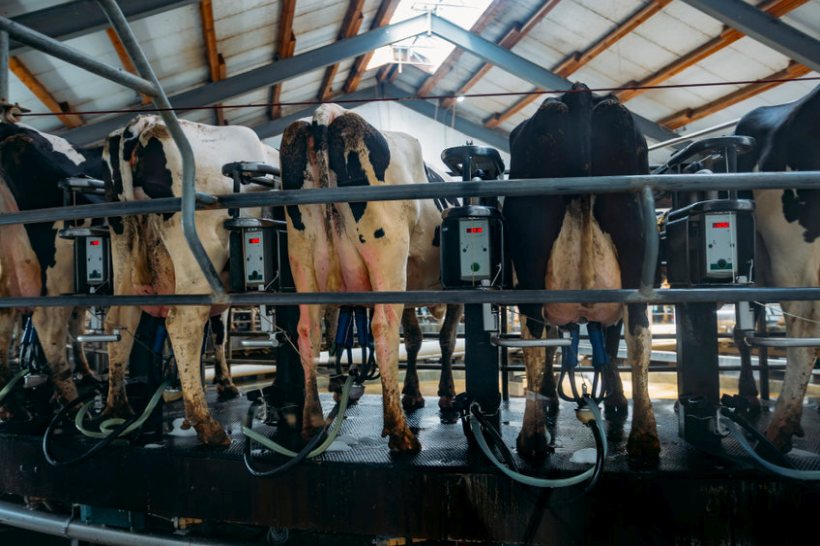
Exclusive contracts that only allow dairy producers to sell milk to one buyer should be broken up to encourage direct selling, farmers said at an industry workshop.
At a recent event coordinated by the Food Ethics Council, producers agreed that exclusive contracts between individual farmers and processors were "restrictive and unfair".
One person said: “No farmer should be obliged to sell 100% to one dairy. It’s outrageous, anti-competitive and shouldn’t be allowed. We need to break the 100% supply rule.”
The Food Ethics Council is working with farmers to help drive change across the sector as part of a three-year project involving a series of workshops and dialogues on ethics and fairness.
The most recent discussion workshop was held on 7 April at Dairy Tech UK, one of the sector’s biggest showcase events.
One producer who participated is already direct selling and has set up their own farm store, which has proved successful to date, allowing them to employ several people locally and become a hub for the community.
Another farmer, producing on a larger scale, said that while he doesn’t have capacity to get involved in vending machines or selling direct himself, if there was an artisan cheese producer nearby he’d like to have the freedom to be able to sell them milk.
However, he said he was currently prevented from doing so because of the contract his business is locked into.
Food Ethics Council executive director, Dan Crossley said giving dairy producers more control over who they are allowed to sell to would benefit the sector and local communities.
"We also know that many dairy farmers want to take positive steps to promote on-farm biodiversity, restore soil health and reduce climate impacts, but aren’t being given enough support from government.
"Some are acting anyway, but there is untapped potential to do so much more with better targeted incentives.”
Another key area discussed at the workshop was the question of how subsidies could support more agroecological approaches in dairy.
While some dairy farmers said they would like to get involved in transitioning to agroecological schemes, at the moment very few are participating as the current offering of subsidies and incentives isn’t attractive.
There was an appetite amongst farmers attending the workshop to do more on the net zero and biodiversity agendas, but the incentives to do that on-farm are also lacking.
For larger dairy farms, some felt that the subsidies on offer were not enough of an incentive to make it worth their while.
